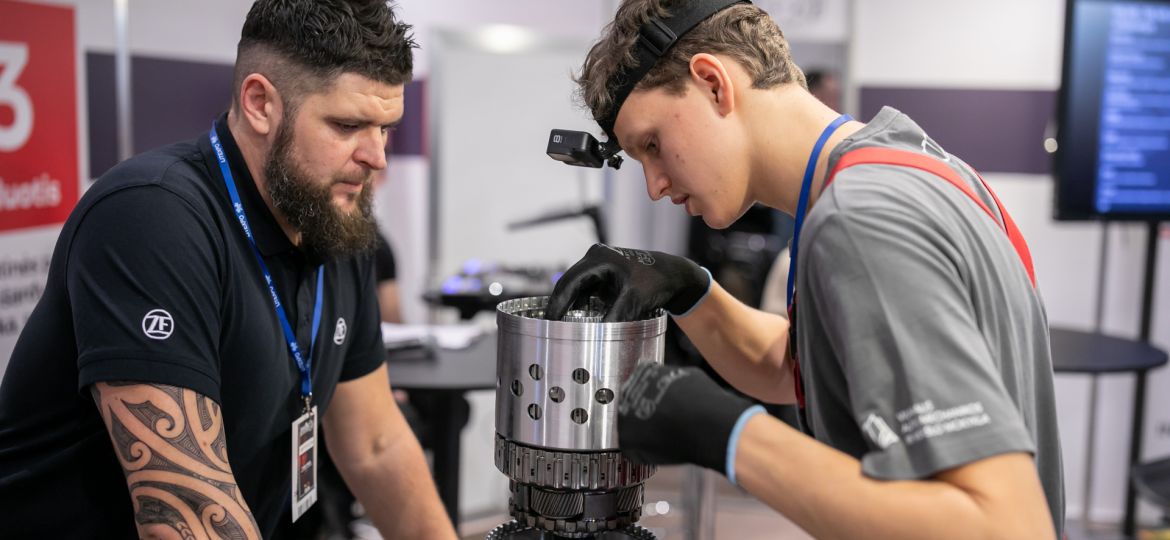
Work Based Learning (WBL) was introduced to the public in 2013 in Lithuania while chairing the Council of the European Union (EU). It became the priority of the National Education Strategy (2013-2022), but only in 2019 a description of the procedure for organizing vocational training in the form of apprenticeship of the Republic of Lithuania was prepared and approved.
An apprenticeship is most successfully implemented among individuals who already have work experience, as a way for them to gain formal qualification, improve existing qualification or retrain for another field of activity.
The most successful proven apprenticeship programs have been in areas in which the labor market in the region has experienced the greatest shortage of skilled workers.
Up until now, employers are not the proactive link in WBL when organizing apprenticeships. The VET provider usually takes a proactive search for apprenticeship partnerships with employers based on the experience already gained and the insights of the employers.
An apprenticeship is only effective if all parties (apprentice, VET provider and business company) are able to reconcile the main aspects of apprenticeships (payment, schedule, apprentices’ work and training time, training results, etc.) that satisfy all stakeholders.
In Lithuania, apprenticeships takes place in business companies and in VET provider institutions. A VET provider shall carry out no more than 30% of the training time of the formal vocational training program or its module and the employer carries out the remaining part of the training time (70 %).
It is recommended that the VET provider and the employer sign a cooperation agreement on the implementation of vocational training organized in the form of an apprenticeship. The cooperation agreement may be long-term or signed on a case-by-case basis, where the vocational training of the apprentice (s) is organized only once in the form of an apprenticeship.
Regarding agreements officialising the apprenticeship, a Tripartite Agreement is signed between VET provider, business company and an apprentice, while an Employment Agreement is signed between the business company and the apprentice. The business company is obliged to pay the salary equal to confirmed minimum salary in Lithuania.
VET provider institutions take responsibility for the quality of the apprenticeship process. The process is ended with evaluation exam, where VET provider and business company representatives take part. The student after WBL and students having finished the VET standard program, take the same tasks and the same exam. In Lithuania, after finishing the program, the apprentice acquires level 4 qualification according to EQF and national qualification framework. For the first and second qualification, the studies are free of charge for Lithuanian citizens, it is a life-long learning process, and the age limit is not defined.
According to all indications, we expect a WBL boom in Lithuania. Let’s wait for the results.

